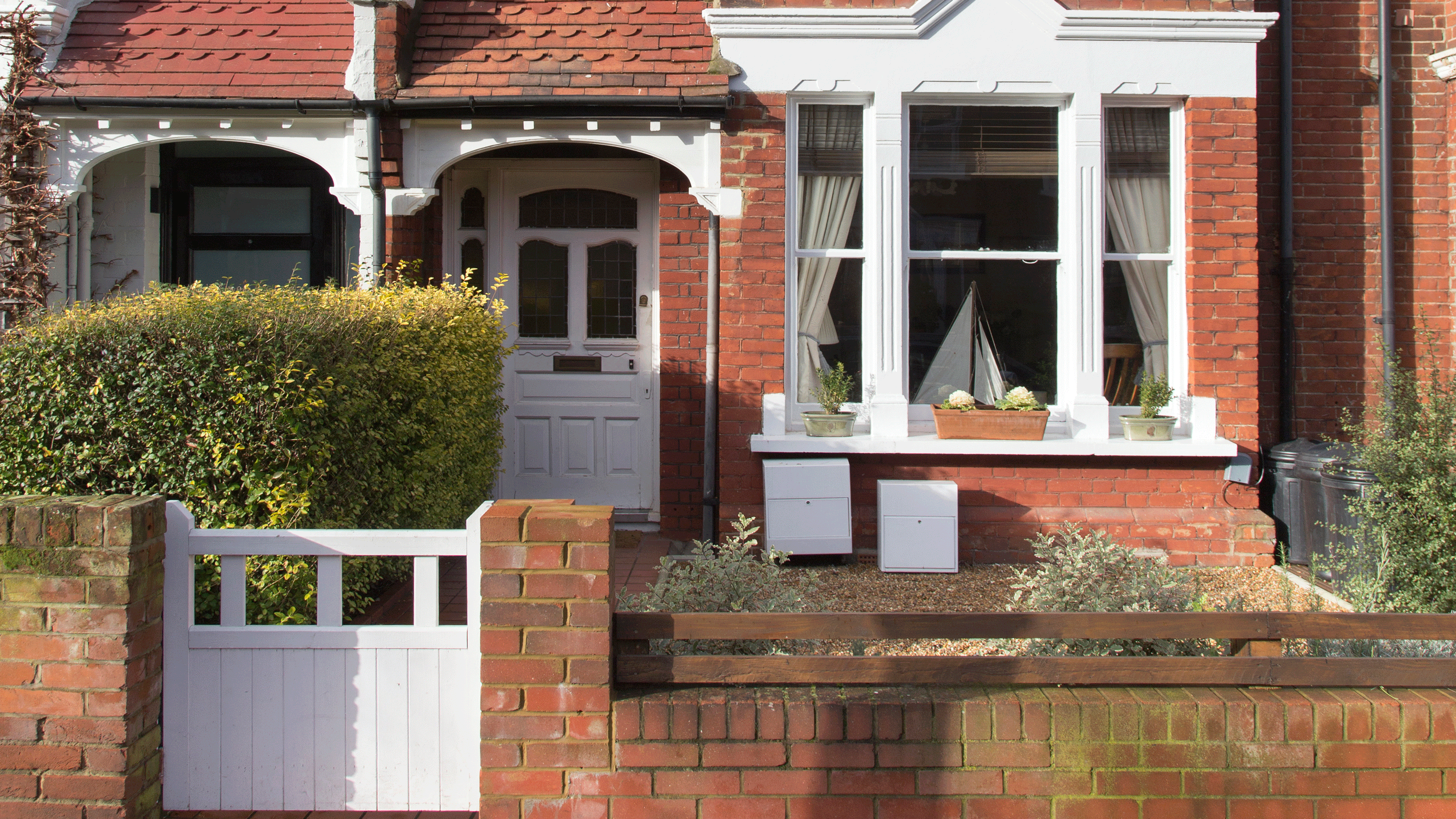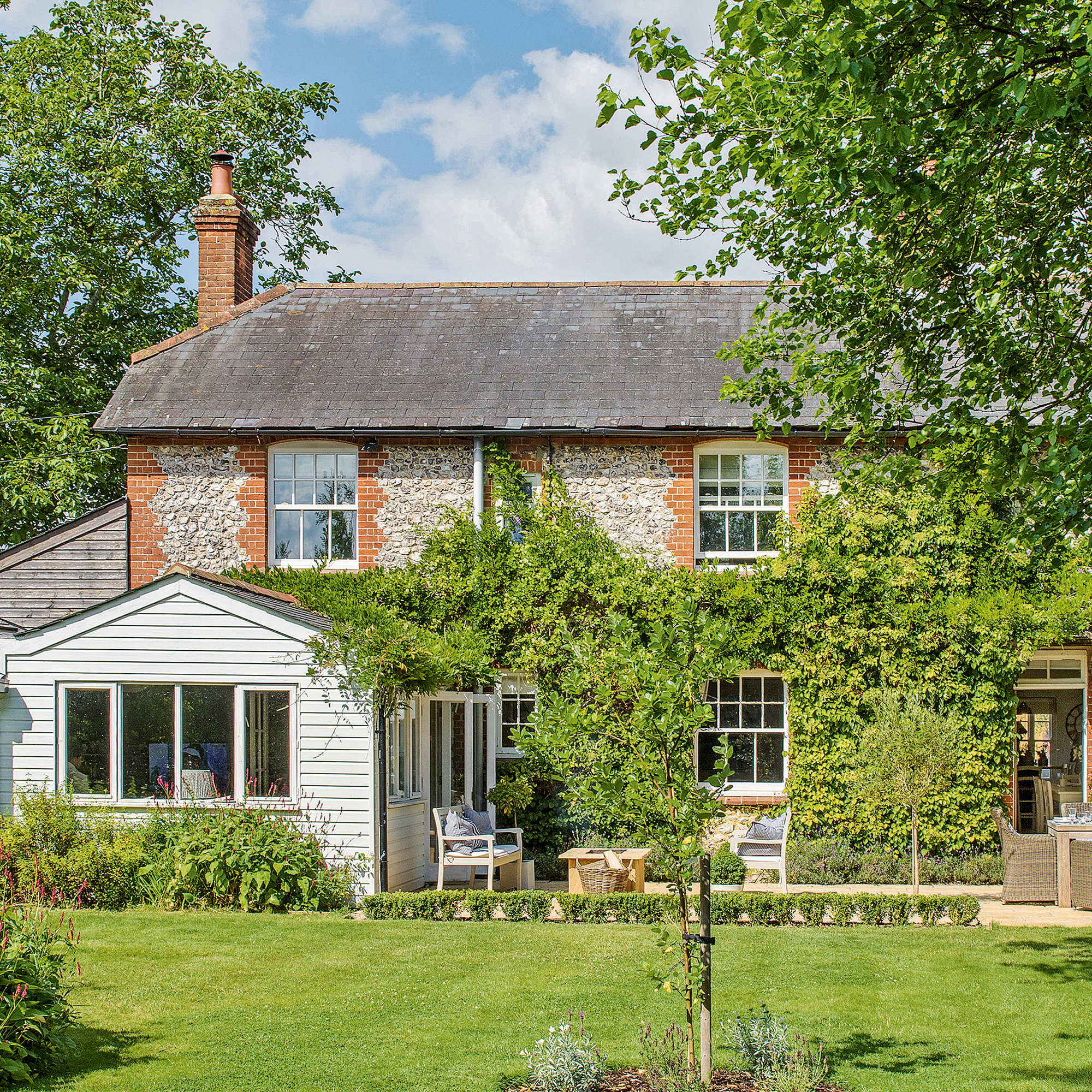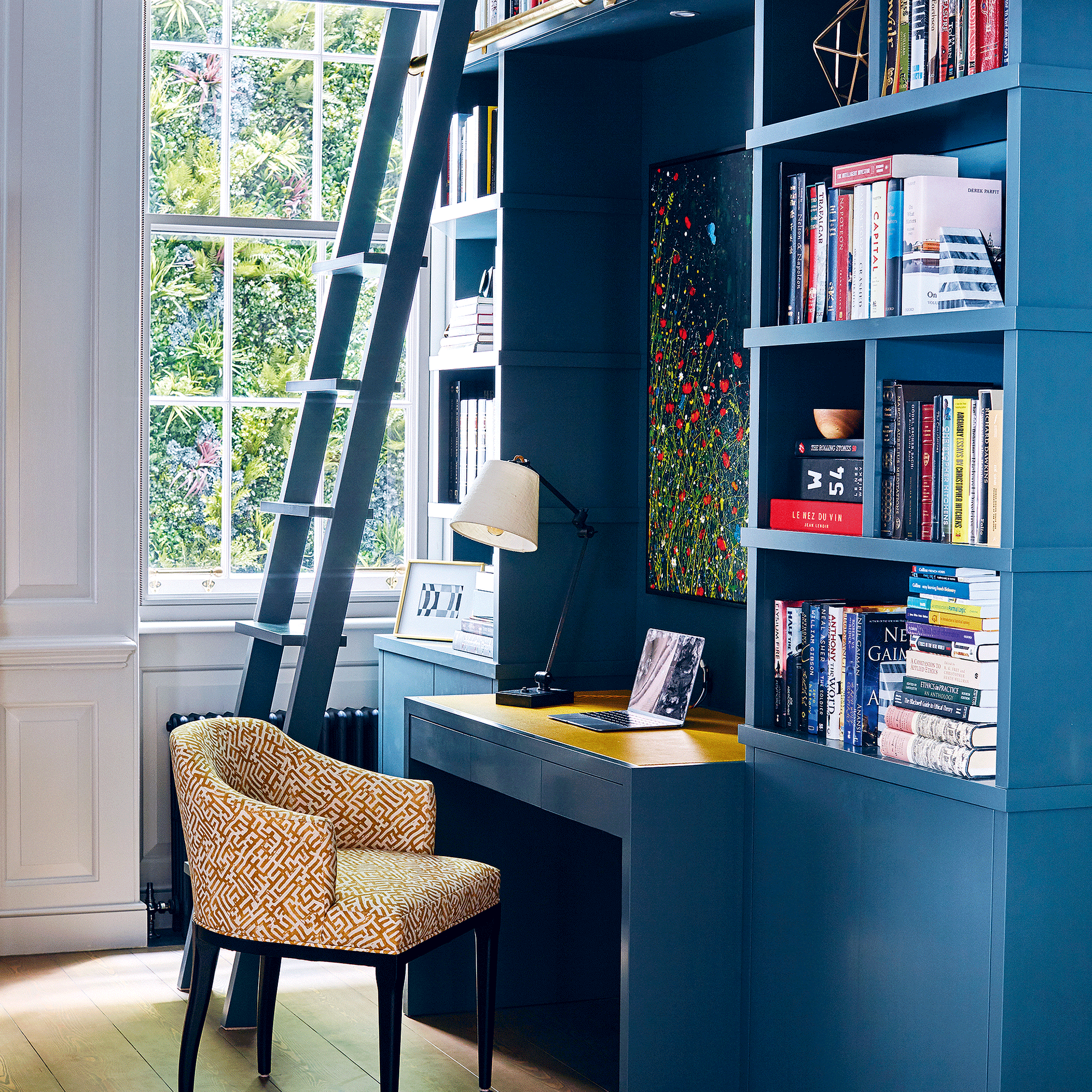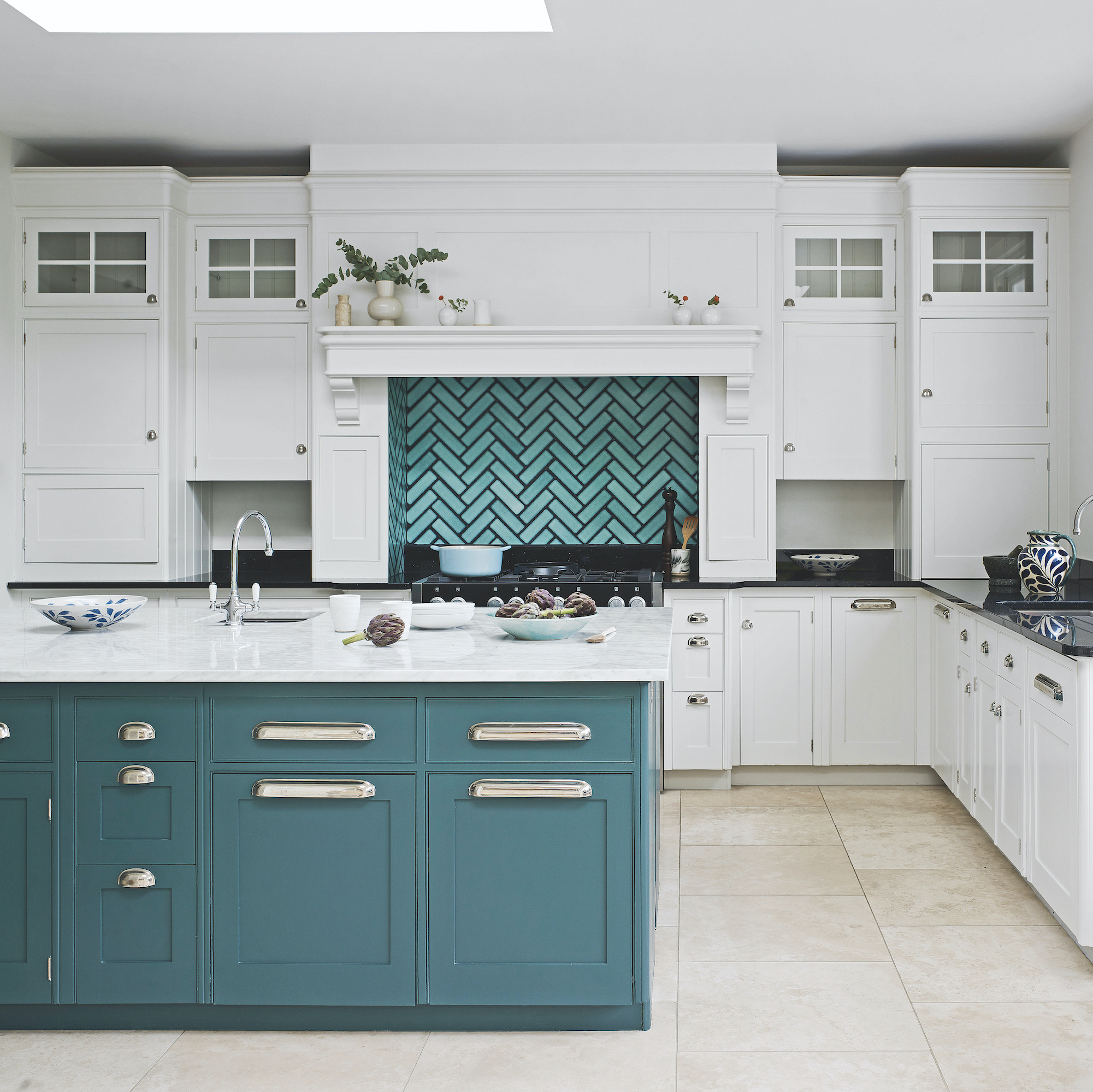Renting versus buying - which is cheaper?
If you’re considering homeownership in 2023 make sure you weigh up the pros and cons of renting versus buying first

At a time when mortgage rates are rising, it's no wonder that prospective homebuyers are weighting up renting versus buying to find out which is cheaper. Most renters and buyers have seen a steep rise in their housing costs over the last 12 months.
Due to a shortage of homes to rent and strong demand from tenants, rents for new tenancies have risen by 12% in the year to October, figures from Zoopla show. But the pace of rent inflation makes it more difficult for tenants to save to buy a house. For those who can muster together enough money, however, there are more than 130 5% deposit mortgage deals to choose from. (You can also check out our guide to whether now is a good time to buy a house).
The bad news for would-be buyers is that mortgage rates rapidly increased from October after gradually climbing since the beginning of 2022. The average five-year fixed rate for someone with a 5% deposit has risen from 3.33% to 5.82% in a year, according to data firm Moneyfacts. The silver lining is that house price inflation has slowed and over the next two years, prices are expected to fall.
So is it cheaper to rent or buy and which is more beneficial?

Renting versus buying - which is cheaper?
There are several ways to compare the costs of renting versus buying.
Upfront costs
The upfront costs of renting are much cheaper than buying a house.
Renters must hand over a refundable security deposit to their landlord or letting agent which, since June 2019, has been capped at five weeks’ rent. Landlords can also charge a maximum of one week’s rent as a holding deposit to reserve a property for a tenant.
Sign up to our newsletter for style inspiration, real homes, project and garden advice and shopping know-how
To reduce upfront costs even further, renters can choose a fully-furnished property which cuts down on the amount you’ll spend on new furniture and removal fees to transport large items.
Buyers have much greater upfront costs. If you’re a first-time buyer, saving for a minimum deposit of 5% may be your toughest challenge. According to Halifax, the average property price is £281,272 which means you’d need to save a minimum deposit of £14,063.
When it comes to stamp duty for first time buyers, they are exempt from paying stamp duty on the first £425,000 of their purchase price but they must still find on average £2,198 to pay for a survey, solicitor fees and removal costs (figures from Reallymoving show).

Monthly costs
If you’re comparing the monthly cost of renting versus buying, renting on average is cheaper.
Analysis by estate agent Hamptons found that, in November 2022, it was £414 a month cheaper to rent a home that it would be to buy it with a 10% deposit. In fact, due to the sharp rise in mortgage costs last autumn, in November you would spend £55 per month more paying the mortgage interest alone than you would paying rent.
David Fell, senior analyst for Hamptons, says: 'Ever since interest rates started to rise in earnest, it’s been cheaper on a monthly basis to rent rather than buy with a 10% deposit. In October, this difference hit £522 per month, which is a record since our lettings index began in 2012.
'Although it has come back down slightly in November, for the foreseeable future we expect it to be cheaper to rent the home a first-time buyer is thinking about buying.'
Costs vary depending on where you live in the country and the type of property you’re buying. In London and the south east where house prices are highest it’s more than £550 a month cheaper to rent than it is to buy. In Yorkshire and Humber, it’s £223 cheaper to rent. In the north east and Scotland this falls to £103 and £69 respectively.
Flats on average are £252 cheaper to rent than buy. This saving climbs to £379 for semi-detached homes and £729 for detached. However, buyers of more expensive properties tend to have much larger deposits which brings down the cost of the monthly mortgage payment.
Long-term cost benefits
Buying may be more expensive in the short term, but in the long-term the cost benefits outweigh those of renting.
Historically, the tipping point where you start to pay less in monthly mortgage payments than you would in rent has been two years.
Anyone who bought their home five or 10 years ago would be substantially better off than if they had remained renting, as for most of that time interest rates have been low while house and rent prices have risen.
| Header Cell - Column 0 | Total rent paid | Total mortgage and fees | Of which mortgage interest |
|---|---|---|---|
| Six months ago | £6,399 | £9,157 | £5,420 |
| Two years ago | £24,048 | £23,711 | £13,236 |
| Five years ago | £56,313 | £48,900 | £25,240 |
| 10 years ago | £105,907 | £75,686 | £43,738 |
Source: Hamptons
Rob Houghton, chief executive of moving services firm Reallymoving, says: “Over the longer term, the great benefit of home ownership is the ability to pay down the mortgage each month. It may only be a small amount at first, with interest making up most of your monthly repayment, but it adds up over time. It’s reassuring to know that you’re building up equity that will enable you to move up the ladder or be mortgage-free in the future.”
The average seller in England and Wales who sold in 2022 having bought within the last 20 years made a record gross profit of £108,000, according to Hamptons.

Should you buy or rent?
Before you purchase a property, it’s useful to consider the pros and cons of renting and buying.
Pros of renting
- Flexibility – tenants can move at relatively short notice.
- Lower up-front costs.
- Responsibility for repairs and maintenance falls to the landlord as does the payment of building insurance and any service charge on a leasehold property.
- Renting often means you can afford to live an area that would be outside your price range should you be looking to buy.
- Option to rent a fully-furnished home.
Cons of renting
- No opportunity to benefit from long-term house price growth.
- You’re paying your landlord’s mortgage rather than your own.
- You may still be paying rent into retirement - many homeowners are mortgage free by the time they retire.
- Less security - your landlord may raise your rent or ask you to leave the property at the end of the contract.
- You may not be allowed pets.
Pros of buying
- Build up equity in your home as you pay down your mortgage.
- The opportunity to benefit from rising house prices over time.
- Freedom to improve the property and have control over your living space.
Cons of buying
- If you’ve bought with a small deposit, you risk being in negative equity when house prices fall, especially if you need to sell sooner than you planned.
- Higher up-front costs, including a deposit of at least 5%, legal fees and surveys.
- Less flexibility to move easily if your job or personal circumstances change.
- Responsible for maintenance.
Samantha Partington is a personal finance journalist specialising in mortgages and the property market.
Over the past nine years, Samantha has worked for the Daily Mail, trade website Mortgage Solutions and business title Property Week. She regularly writes for national money pages including Money Mail and Sun Money and supports prop tech firms with content writing.